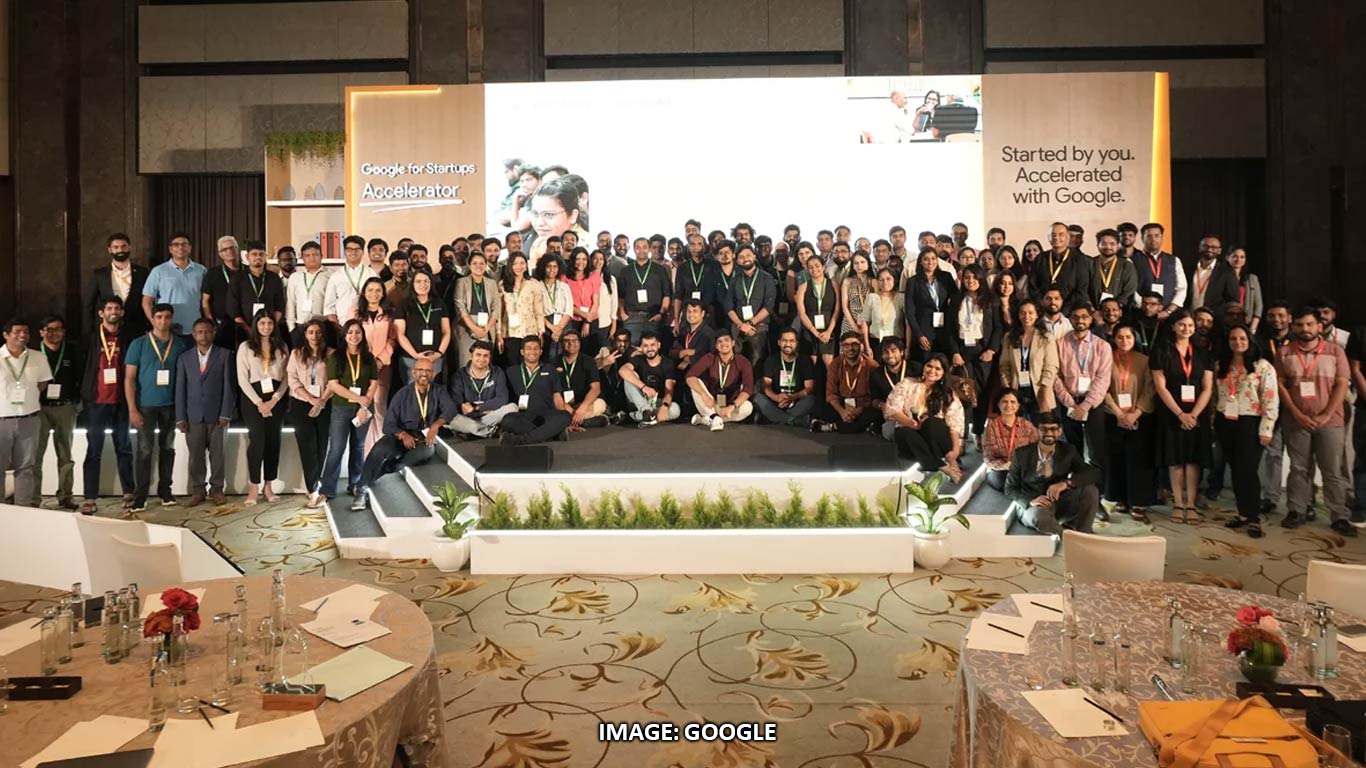Indian Small and Medium Enterprises under-financed: IFC
Updated: Mar 21, 2013 11:47:15am

Based on the study, IFC found that the financial institutions met only one-fourth of the demand for the flow of finance into the micro, small and medium enterprise sector.
The study, jointly undertaken by IFC and the government of Japan, evaluates the consequent gap in the financing needs and lack of access to formal finance for MSMEs. The study addresses the biggest challenge of this sector.
One of the most crucial sectors of the Indian Economy estimates the overall financial shortfall for MSMEs at over USD 400 billion. Formal sources are able to channel only USD 140 billion. Banks can address the sector's debt and equity financing requirement of over USD 70 billion, study estimates.
Despite the increase in financing to MSMEs in recent years, there is still a considerable institutional finance gap of USD 418 billion. After exclusions in the debt demand (62 per cent of the overall demand) and the equity demand (from MSMEs that are structured as proprietorship or partnership), there is still a demand-supply gap of USD 71.4 billion, which formal financial institutions can viably finance in the near term. This is the demand-supply gap for approximately 11.3 million enterprises.
While a large number of these already receive some form of formal finance, they are significantly underserved with only 40-70 per cent of their demand currently being met. Of the viable and addressable demand-supply gap, the debt gap is USD 58.6 billion and the equity gap is USD 12.8 billion.
The micro, small, and medium enterprise segments account for USD 45 billion, USD 10 billion and USD3.6 billion respectively, of the debt gap that is viable and can be addressed by financial institutions in the near term.
Micro and small enterprises together account for 97 per cent of the viable debt gap and can be addressed by financial institutions in the near term. Available data and primary interviews indicate that medium enterprises in India are relatively well financed.
The equity gap in the sector is a combined result of demand-side challenges such as the legal structures of enterprises, as well as supply-side gaps, such as a lack of investment funds focused on MSMEs. The equity requirements for the MSME sector are concentrated in the growth-stage enterprises.
According to the study, the three main pillars of the enabling environment analysed are: legal and regulatory framework, government support and financial infrastructure support.
“MSMEs function in a highly competitive environment and require an enabling environment to sustain growth. Well-rounded fiscal support, a strong policy framework, and incentives promoting innovation by financial institutions can significantly increase the penetration of formal financial services to the MSME sector,” the study said.
The study, 'Micro, Small and Medium Enterprise Finance in India: A Research Study on Needs, Gaps and Way Forward', recommends a mix of well-rounded fiscal support, a strong policy framework and incentives promoting innovation to significantly expand formal financing to these enterprises.
"The micro, small and medium enterprise sector has the potential to stimulate growth," said S Muhnot, chairman and managing director, Small Industries and Development Bank of India (SIDBI).
"With adequate financial resources and specialised skill development, the sector can grow manifold and contribute to the economy,” he added.
India has an estimated 30 million MSMEs across industries, employing 69 million people. The sector accounts for 45 per cent of industrial output, and has been growing consistently at over 11 per cent a year, higher than India's overall economic growth. However, inadequate financing and lack of access to the finances are the main barriers for the growth of these businesses.
"The study provides a framework for the financial sector and policy makers to develop appropriate and innovative products and services that will ensure easier flow of capital to these smaller businesses," said Anil Sinha, IFC's general manager for advisory services in South Asia.
MSMEs are an essential focus of IFC's work in South Asia. In addition to making investments in private sector projects, IFC - the largest global development institution focused exclusively on the private sector - works with government to improve the investment climate, builds skills of local entrepreneurs, and promotes access to finance and markets for small businesses. (KNN)











